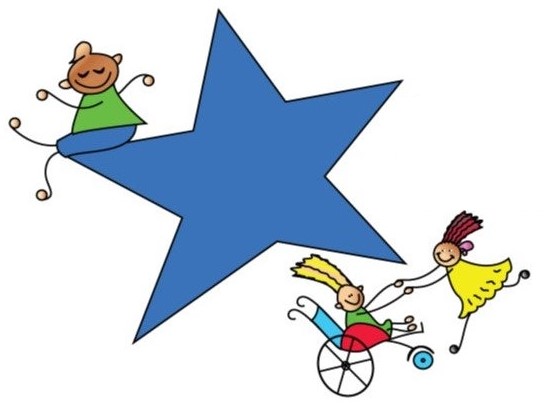Social Skills Development
Children with autism often find it difficult to participate in social activities with family and friends. Communication, sensory, and emotional challenges can make engagement difficult. Teaching skills to enhance social interaction is an integral part of services at Possibilities Northeast.
Why are Social Skills Important
Social skill development enables us to have positive interactions with others. Possessing skills to effectively participate and communicate with others is essential to an individual’s ability to engage in play or work, maintain friendships, and participate in school or community activities. In addition to physical participation, the ability to understand emotions and express empathy are also crucial skills needed for successful social interaction.

Why are social skills important?
Social skills are vital in enabling an individual to have and maintain positive interactions with others. Many of these skills are crucial in making and sustaining friendships. Social interactions do not always run smoothly and an individual needs to be able to implement appropriate strategies, such as conflict resolution when difficulties in interactions arise. It is also important for individuals to have ’empathy’ (i.e. being able to put yourself into someone else’s shoes and recognize their feelings) as it allows them to respond in an understanding and caring way to how others are feeling.
What are the building blocks necessary to develop social skills?
- Attention and concentration: Sustained effort, doing activities without distraction and being able to hold that effort long enough to get the task done.
- Receptive (understanding) language: Comprehension of language.
- Expressive (using) language: The use of language through speech, sign or alternative forms of communication to communicate wants, needs, thoughts and ideas.
- Play skills: Voluntary engagement in self motivated activities that are normally associated with pleasure and enjoyment where the activities may be, but are not necessarily, goal oriented.
- Pre-language skills: The ways in which we communicate without using words and include things such as gestures, facial expressions, imitation, joint attention and eye-contact.
- Self regulation: The ability to obtain, maintain and change one’s emotion, behaviour, attention and activity level appropriate for a task or situation in a socially acceptable manner.
- Executive functioning: Higher order reasoning and thinking skills.
- Planning and sequencing: The sequential multi-step task or activity performance to achieve a well-defined result.
How can you tell if my child has problems with social skills?
Does not maintain eye contact with you or has a fixed stare
Difficulty with using appropriate body language (stands too close/or far from another person)
Possessive, unable to share items with another child
Difficulty understanding “give and take” or taking turns.
Shows little interest in what others are doing
Repetitive talk about items of their own interest, e.g. cars, TV shows, etc.
Interrupts others when communicating
Does not engage in imaginary play
Does not respond appropriately to tone or facial expressions of others.
Appears unaware of other’s emotions
Fails to understand the consequences of their actions

